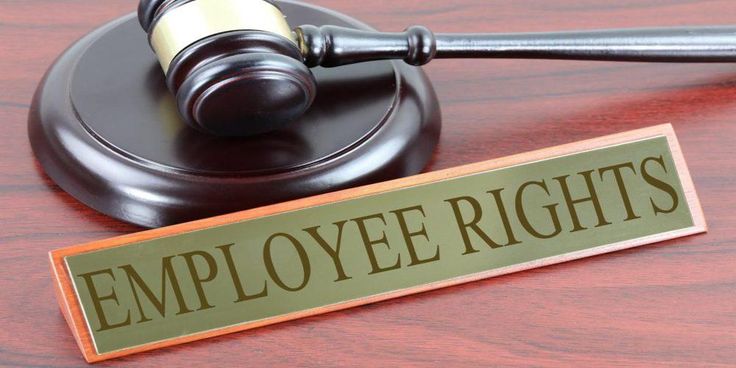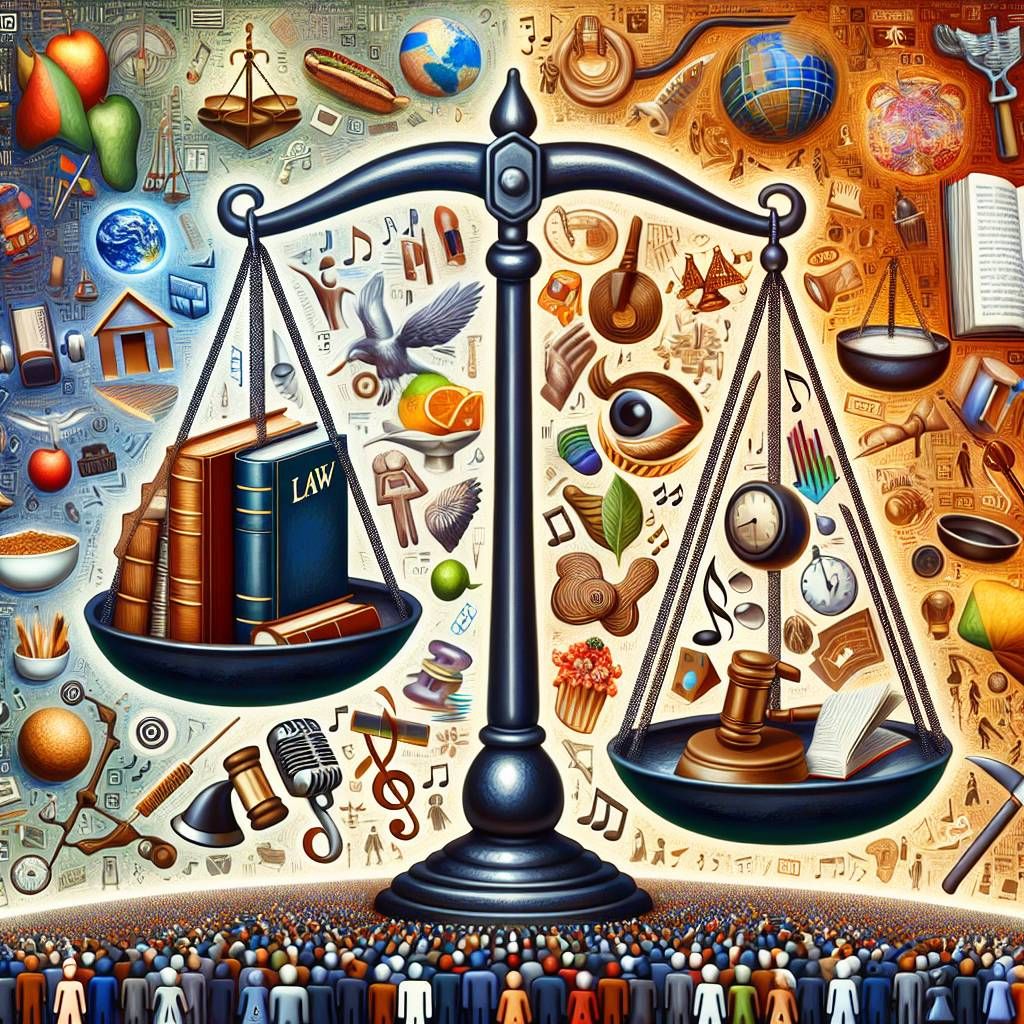
Table of Contents
- Introduction
- Anti-Discrimination Laws
- Wage and Hour Regulations
- Workplace Safety Standards
- Protection Against Retaliation
- Rights to Organize and Bargain
- Emerging Technologies and Employee Rights
- State-Specific Legislations
- Conclusion
Introduction


Understanding your legal rights is more important in the modern workplace. With constantly changing regulations and the rapid introduction of new technologies, employees must be vigilant about their protections at work. Whether you are starting a new job or have years of experience, knowing your rights is key to ensuring a safe and fair environment. For employees in Colorado, consulting skilled employment lawyers Denver can provide guidance and help uphold your rights in challenging situations.
Workers deserve fair pay, a safe workplace, and protection from discrimination and retaliation. However, rights can vary by location and industry, so staying updated on federal and state laws is crucial. New regulations often expand these protections, and court rulings can further shape the rights landscape for all employees.
This article explains critical areas such as anti-discrimination laws, wage and hour regulations, safety standards, etc. It also highlights recent legislative changes and legal decisions that directly impact employee rights, serving as a helpful guide for today’s workforce.
Anti-Discrimination Laws

Federal protections such as Title VII of the Civil Rights Act of 1964 make it illegal for employers to discriminate against employees based on race, color, religion, sex, or national origin. Recent extensions now protect sexual orientation and gender identity. However, legal battles, like the recent federal court ruling in Texas, reflect the ongoing debate over the scope of these protections. This case found that the Equal Employment Opportunity Commission (EEOC) may have exceeded its authority regarding transgender workplace harassment protections, illustrating how interpretations of anti-discrimination laws remain in flux. You can read more about the case here from the Associated Press.
In addition to federal regulations, many states and cities have instituted rules ensuring broader anti-discrimination protections. Employees are encouraged to track both federal and local developments to understand the full extent of their rights at work.
Wage and Hour Regulations
The Fair Labor Standards Act (FLSA) creates the framework for minimum wage, overtime, and child labor laws in the United States. While the federal minimum wage applies nationwide, many states enforce higher rates—sometimes adjusting these annually to reflect inflation or cost-of-living increases. For example, in 2025, California raised its minimum wage to $16.50 per hour, a change that all employers must observe. Failing to meet these requirements can put employers and employees at risk. The California workplace compliance guide offers valuable updates for a deeper dive into these rules.

Employees should also understand overtime rights, which mandate increased pay rates for hours worked beyond the typical 40-hour workweek, and familiarize themselves with protections against unfair wage practices.
Workplace Safety Standards
Employees are entitled to a workplace free from known health and safety hazards. The Occupational Safety and Health Administration (OSHA) sets standards employers must follow to prevent occupational injuries and illnesses. States like California have established additional guidelines through Cal/OSHA, and as of July 1, 2025, even domestic workers benefit from expanded protections. Broader coverage, including this new mandate, highlights growing attention to vulnerable worker groups. Details about these changes are available via California’s Department of Industrial Relations.

Protection Against Retaliation
Employees should be confident to report unsafe working conditions, unethical conduct, or legal violations without the threat of punishment or job loss. Recognizing the importance of protecting whistleblowers, Illinois recently passed stronger legislation aimed at shielding workers from employer retaliation. This new law reinforces employees’ rights to speak up about workplace hazards or misconduct, ensuring their concerns are taken seriously. By enhancing these protections, Illinois encourages a more transparent and accountable work environment where integrity and safety are prioritized. Such measures not only protect individual employees but also promote healthier, more ethical organizations overall. Individuals are encouraged to review the official overview provided by the Illinois Attorney General’s Office for further information and detailed guidance on these enhanced rights.
Rights to Organize and Bargain

The National Labor Relations Act (NLRA) guarantees collective bargaining and union membership rights. Employees can organize, advocate for better conditions, and participate in union activities without employer interference. Recent steps in New Jersey ban “captive audience” meetings, in which employers pressure workers about union choices. This law signals growing support for workers’ freedom to decide on union participation. You can find further legislative details through New Jersey’s official government release.
Emerging Technologies and Employee Rights
The rapid introduction of artificial intelligence (AI), surveillance systems, and wearable devices is transforming workplaces, but it also introduces new legal and ethical questions. The EEOC has warned that mandatory use of such technologies may inadvertently lead to discrimination against employees. With AI-powered decision-making affecting hiring, promotions, and monitoring, employers are reminded to uphold civil rights standards and respect employee privacy. Larger coverage on AI and the workplace can be found on The New York Times.
State-Specific Legislations
Many states adopt additional policies to supplement federal protections. Minnesota, for example, passed a suite of new workplace laws to make it a national leader in worker welfare. These include stronger safety regulations and more generous paid leave benefits, showcasing the value of monitoring state-specific legal changes. Details about Minnesota’s new workplace initiatives appear on the state’s Department of Labor and Industry website.

Conclusion
Worker rights in the United States continually evolve as new laws, workplace standards, and technologies reshape the employment landscape. Understanding these changes empowers employees to safeguard their well-being, ensure fair compensation, and maintain a safe, respectful environment. From wage protections and anti-discrimination measures to privacy and health regulations, staying informed helps workers recognize when their rights may be compromised. Accessing credible resources, such as government labor agencies or legal professionals, offers practical guidance on addressing workplace disputes. Consulting with employment advocates or attorneys can also clarify complex issues and prevent potential violations. By remaining proactive and knowledgeable, workers strengthen their individual protections and the broader culture of fairness, equity, and transparency across American workplaces.
- 3shares
- Facebook0
- Pinterest0
- Twitter3
- Reddit0



